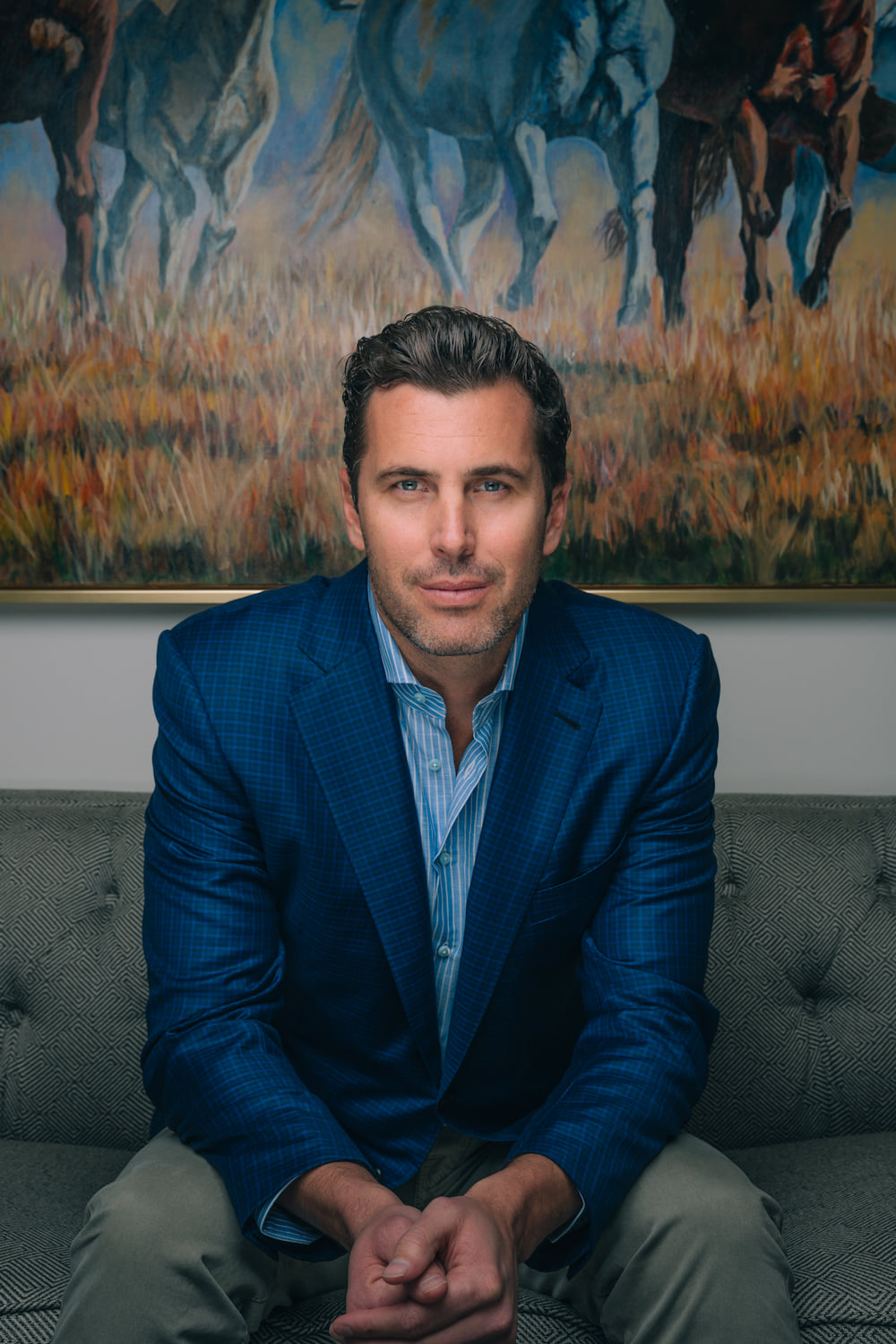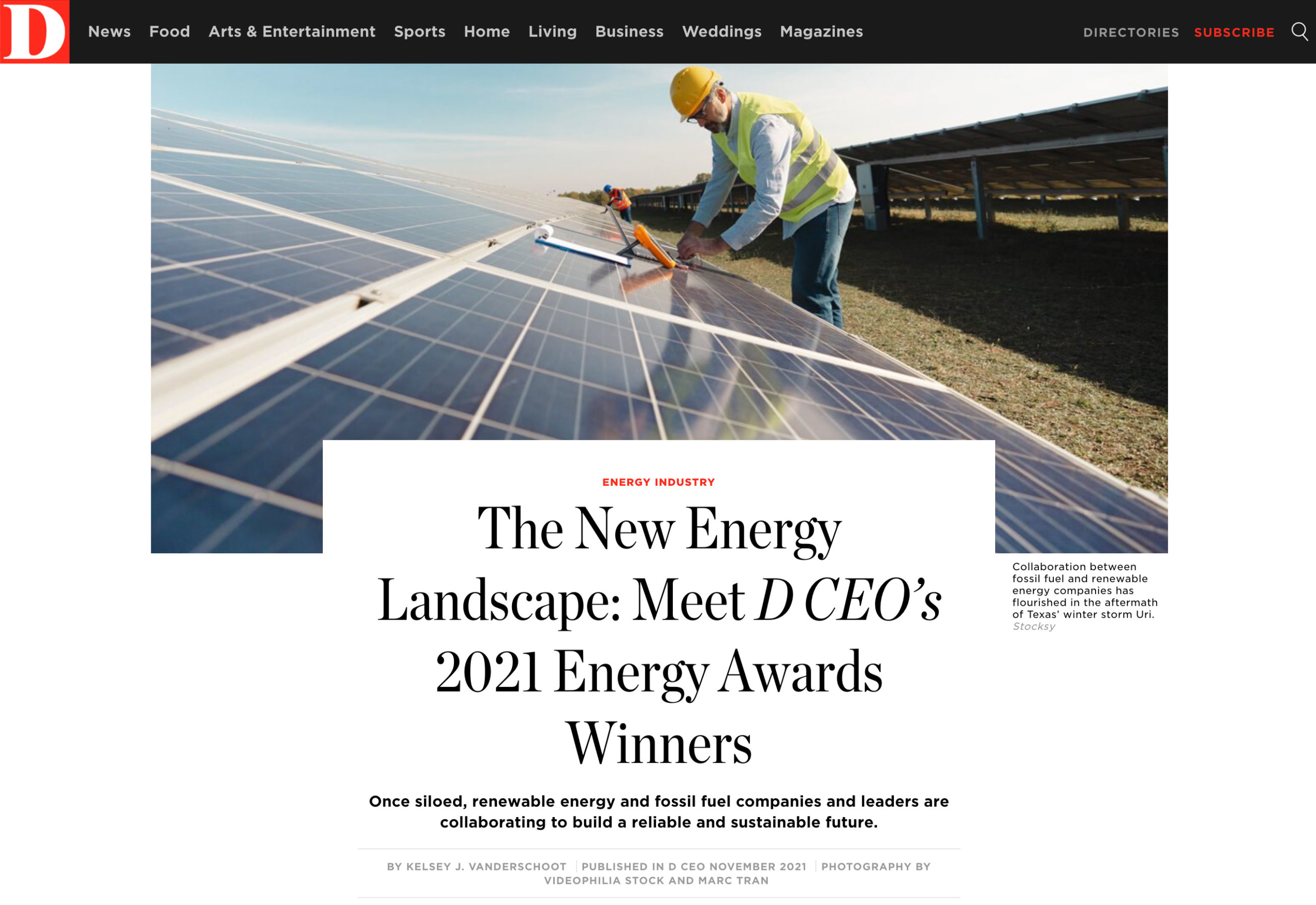A Sustainable Supply Chain
Pony Oil CEO John Paul Merritt did a lot of soul-searching after hitting it big in the oil and gas industry at a young age.
“I’m always trying to figure out ‘What’s my why?’” he says.
Seeing parallels between energy and an emerging hemp commodity, he leveraged his team’s expertise in oil and gas to build a business centered around opportunities in hemp. When he learned of a company that was using Big Ag equipment and practices from corn and cotton farming for hemp crops—which are usually picked by hand—he bought it.
He has since focused that company, Delta Agriculture, on building a sustainable supply chain using hemp grain and fiber as paper, plastic, and soy replacements in consumer products and animal feed. The business is now growing and processing 10,000 acres of hemp at farms and facilities in Colorado, Kentucky, and West Texas.

Merritt is in talks with a pet food maker to use hemp as a soy alternative in the company’s products.
“The nutritional components of [hemp] currently exceed any ingredient they have,” Merritt says.
He says Fortune 500 companies are warming up to a crop that was legalized in 2018 and has only recently become an option when building sustainable supply chains.
“It’s a fairly new crop, but it’s a miracle crop,” he says.
Delta Agriculture also supplies 70 percent of biomass needed for every CBD product on the market and aspires to become a big player in the bioplastics market—a niche that is estimated to make up 40 percent of the overall plastics market by 2040.
But perhaps the area that most excites Merritt is what hemp plants do before harvest.
“Most people don’t know that our crops sequester about 10 tonnes of CO2 out of the air per acre,” he says.
Merritt is building a CO2 sequestration coalition, leveraging his connections in the oil and gas sector—as well as Fortune 500 businesses in other industries. Together, they aim to plant the largest CO2 sequestration project in the nation in West Texas, enabling a million acres of hemp growth by 2026.
“It’s going to create thousands of jobs that are not affected by the commodity swings of oil and gas politics,” Merritt says.
He says he has met with Gov. Greg Abbott twice in the hope of making West Texas the epicenter of the hemp industry and to fuel the coalition and sequestration project.
“We’re already almost there on a per-acre basis, but here in the next year or two, there will be more acres of hemp grown in West Texas than anywhere else in the world,” he says.
Read Full Article Here


